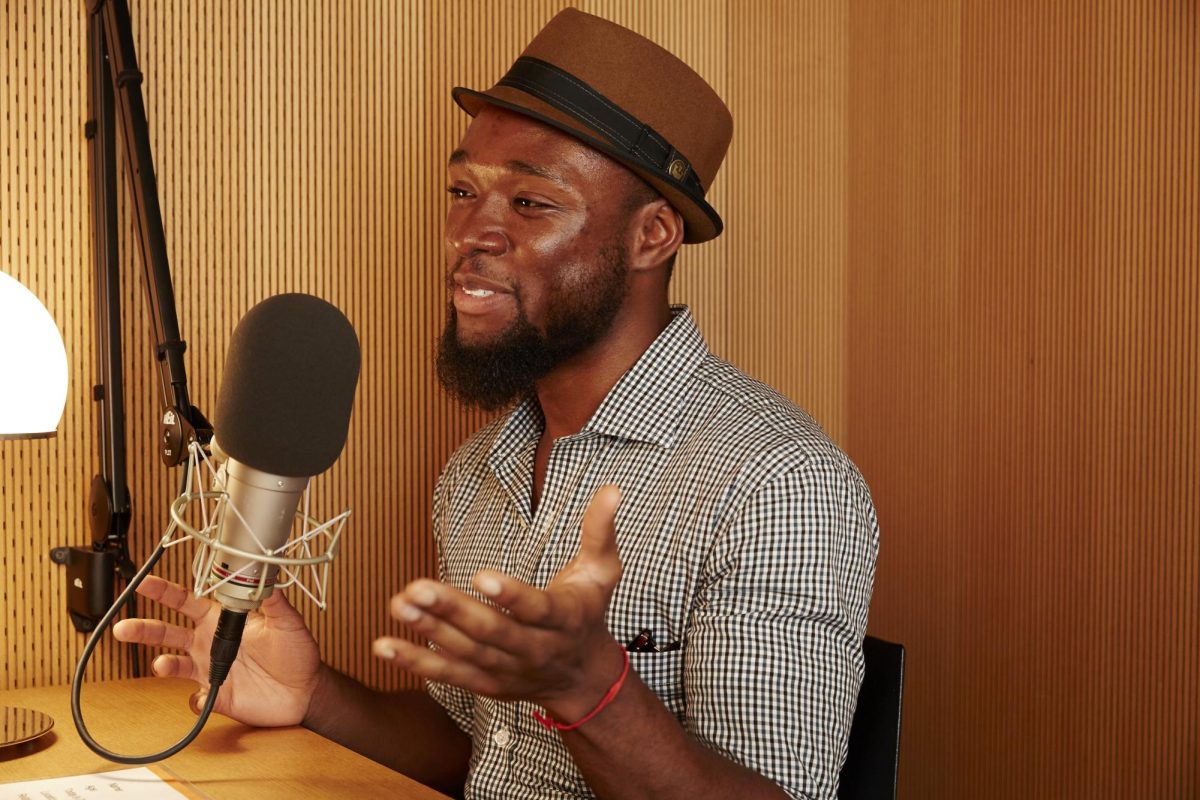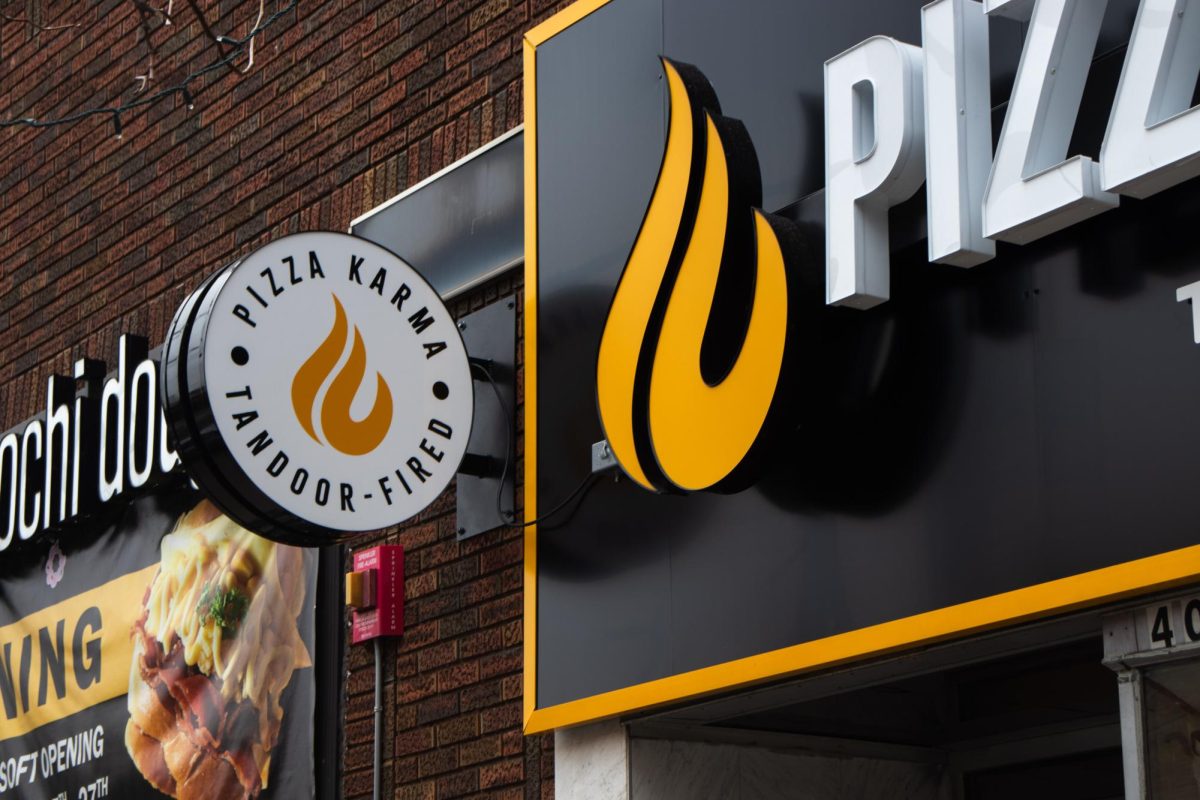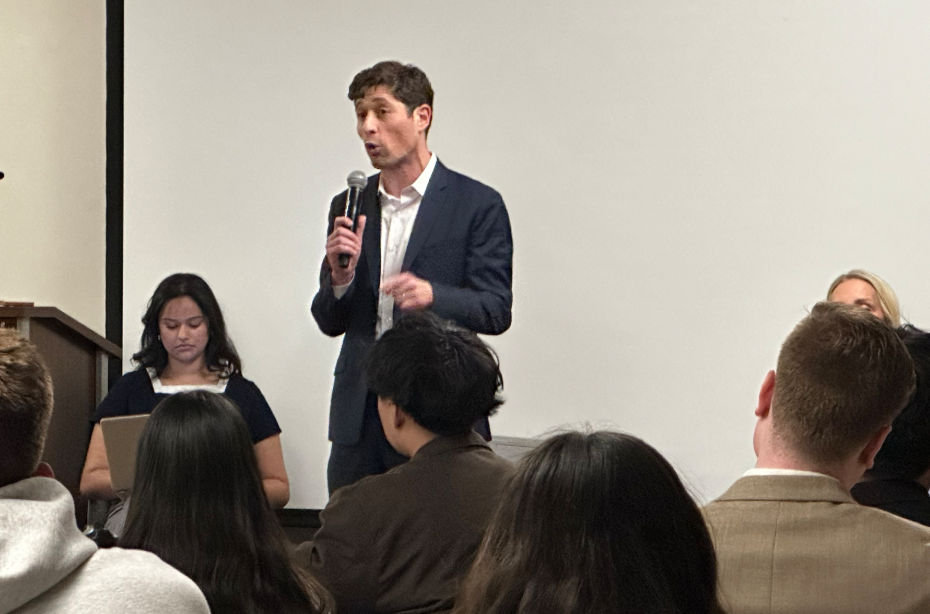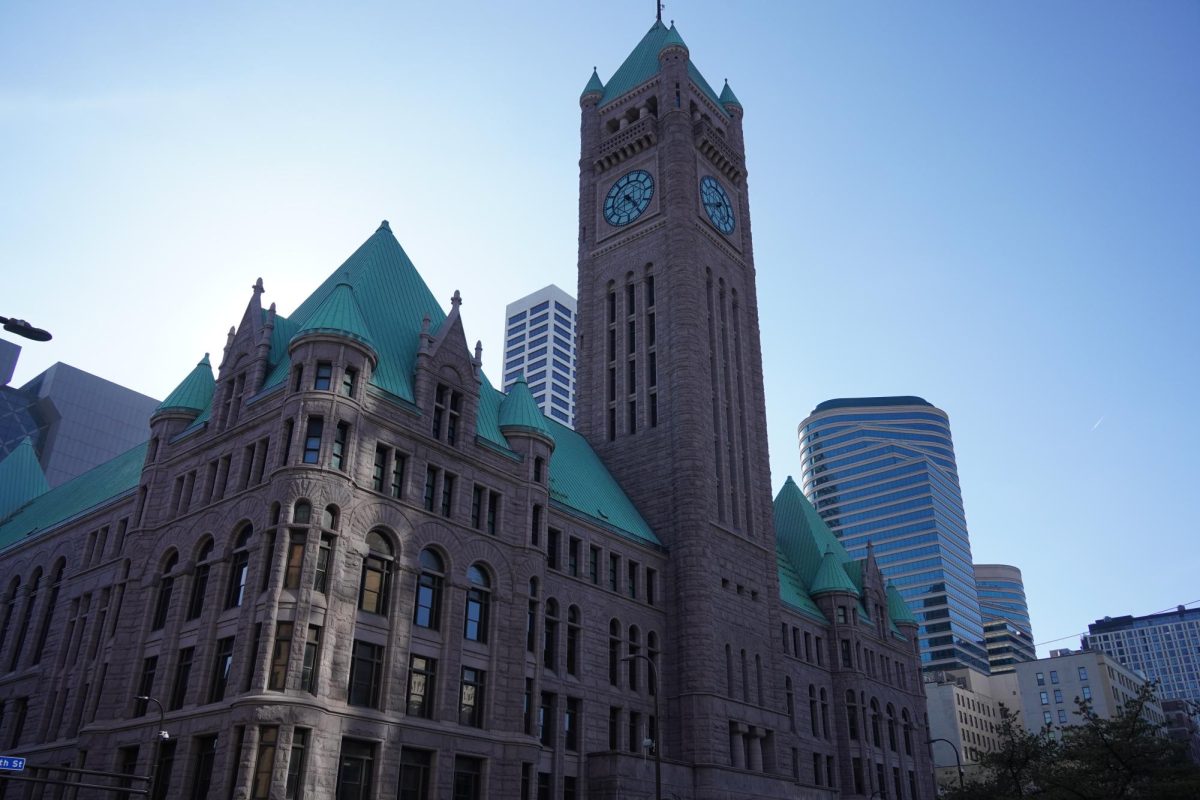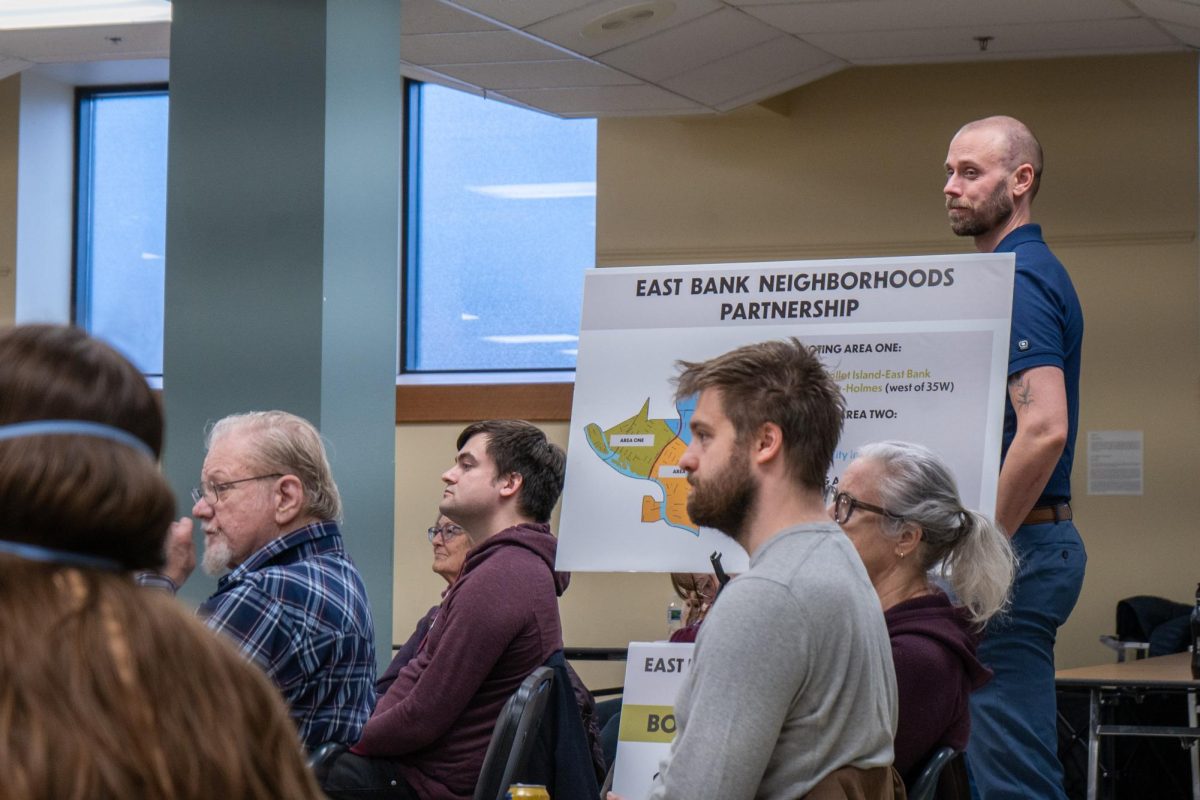A new study by University of Minnesota researchers, which suggests that a minimum wage increase would have miniscule negative impacts on the city, has left some officials divided.
At a city meeting last week, a research team from the University’s Humphrey School of Public Affairs presented findings that a $15 per hour minimum wage would help low-earning workers and bring few negative effects. City officials met the report with mixed reactions and some skepticism.
The Humphrey School’s Roy Wilkins Center for Human Resources and Social Justice worked to simulate a potential wage bump’s impact after the City Council commissioned the study.
According to the study, a $15 minimum wage in Minneapolis would help as many as 71,000 low-wage workers — around 23 percent of the city’s workforce — by 2021.
Ward 3 City Council Member Jacob Frey said a minimum wage increase would “substantially help” low-income workers — adding the change wouldn’t cause much harm to city business if implemented thoughtfully.
But not all at the presentation were convinced.
“When I see a report that basically says, ‘there’s no negative [effect] to businesses at all,’ it’s hard for me to consider the report completely unbiased,” Ward 7 City Council Member Lisa Goodman said at Wednesday’s meeting.
The study also found the restaurant industry would see the highest increase in wages. To offset this added cost, menu prices would have to increase a little more than a dollar.
But Goodman expressed concern that businesses operating on tight margins, like restaurants in her ward, may struggle to survive the possible 5 percent increase in cost projected by the study.
Additionally, the study found roughly half of the workers who would benefit from the wage increase are people of color.
“I think that this is the most direct way that we as the city can help close the racial disparities in Minneapolis,” Ward 9 City Council Member Alondra Cano said at the meeting.
The city plans to hold listening sessions on the issue starting in November and will conduct more research and draft recommendations for a city wage proposal to present to the City Council in May.
The wage proposal will follow the same engagement model as the paid sick leave policy, which passed in May.


